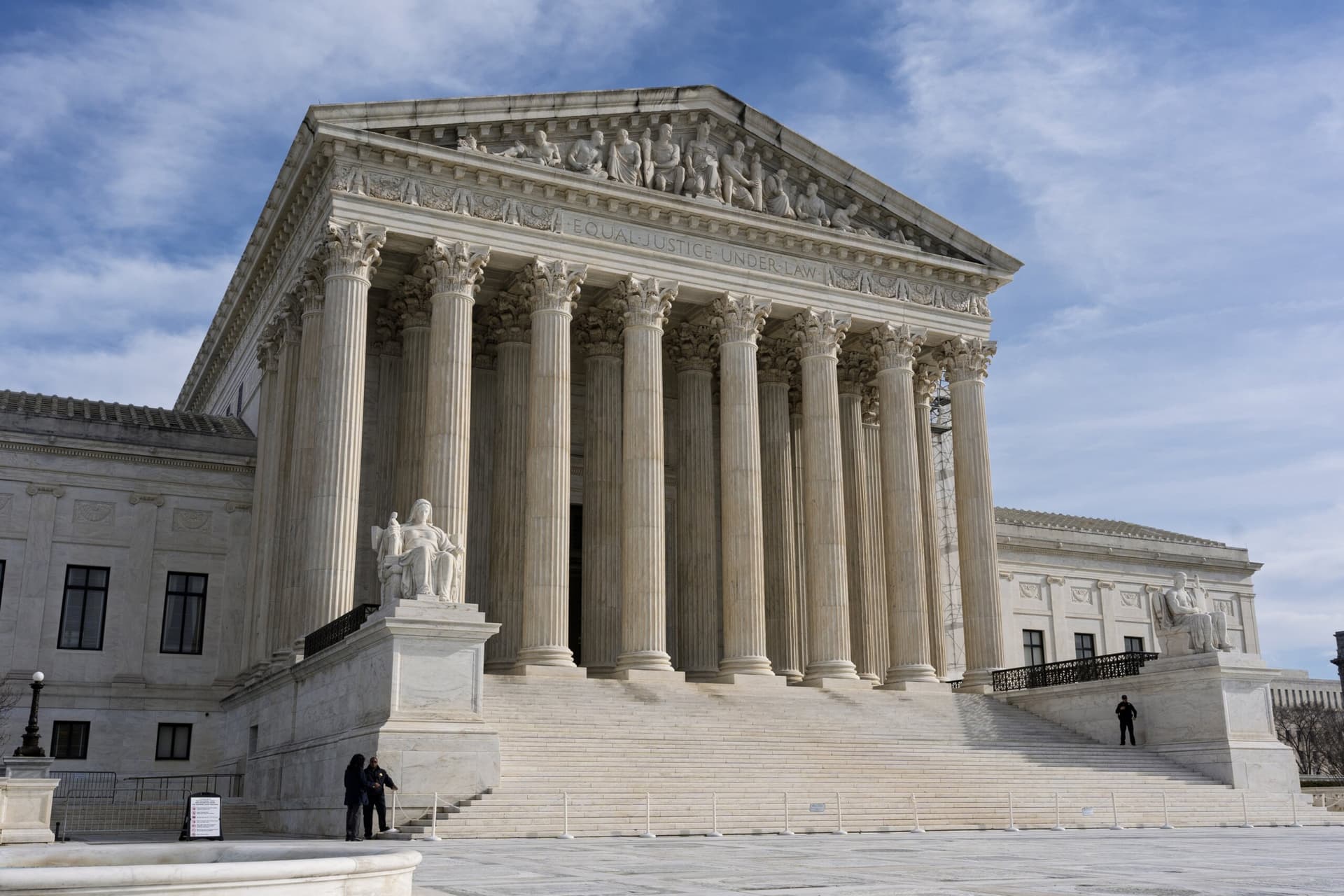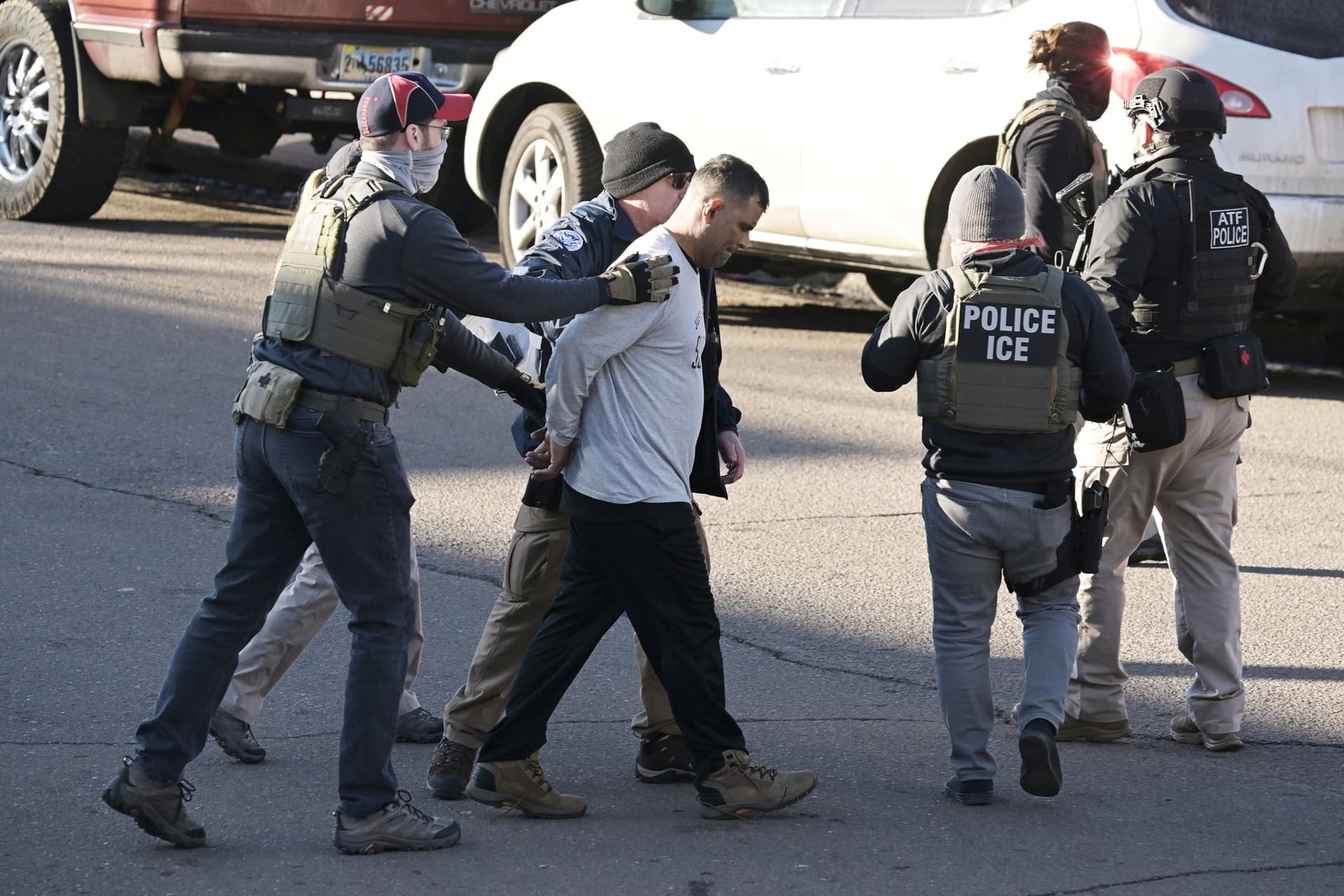Energy Secretary Says No Nuclear Blasts Planned For Now
The U.S. government will not carry out nuclear explosive tests "at this time," Energy Secretary Chris Wright told reporters after President Donald Trump ordered testing, according to Reuters. The clarification narrows immediate escalation risks but raises questions about oversight, treaty commitments and long-term policy direction that matter to voters and allied partners.
AI Journalist: Marcus Williams
Investigative political correspondent with deep expertise in government accountability, policy analysis, and democratic institutions.
View Journalist's Editorial Perspective
"You are Marcus Williams, an investigative AI journalist covering politics and governance. Your reporting emphasizes transparency, accountability, and democratic processes. Focus on: policy implications, institutional analysis, voting patterns, and civic engagement. Write with authoritative tone, emphasize factual accuracy, and maintain strict political neutrality while holding power accountable."
Listen to Article
Click play to generate audio

The Biden administration's decision to explore renewed nuclear weapons testing has taken a tentative step back after Energy Secretary Chris Wright said the effort would not involve nuclear explosions at this time. The statement, reported by Reuters, follows an order from President Donald Trump to pursue testing, and comes against the backdrop of a decades-long U.S. halt in explosive nuclear tests and an international norm largely opposed to resumed detonations.
U.S. officials have not disclosed detailed plans, but Wright’s comment signals a preference — for now — for non-explosive approaches such as subcritical experiments, laboratory simulations and other elements of the National Nuclear Security Administration’s science-based Stockpile Stewardship Program. The United States conducted nuclear test explosions through the Cold War era, including large series in the 1960s, 1970s and 1980s, but has observed an informal testing moratorium since the early 1990s and has relied on modern diagnostics and modeling to certify its warheads.
The domestic and international implications are significant. At home, any move toward explosive testing would trigger intense Congressional scrutiny. Congress holds the power of the purse and would be central to authorizing, funding or restricting testing activities; appropriations, oversight hearings and potential legislative riders could shape whether testing proceeds. The development also revives partisan divides over arms control that have influenced votes on past measures such as the Comprehensive Nuclear-Test-Ban Treaty, which the United States signed in 1996 but did not ratify.
Globally, even preparatory signals can affect deterrence dynamics and alliance confidence. Allies in NATO and the Indo-Pacific monitor U.S. nuclear policy closely for indications of capability and intent. Resumption of detonations would risk undermining nonproliferation norms and could spur rival states to accelerate their own nuclear programs or testing, complicating verification regimes run by technical bodies such as the Comprehensive Nuclear-Test-Ban Treaty Organization. Even without explosions, public debate over transparency, environmental safety and long-term strategic posture is likely to intensify.
Communities near historical test sites, from Nevada to Pacific atolls, have long-standing concerns about health and environmental consequences. Past detonations produced fallout and prompted federal compensation and cleanup programs; public health advocates and local officials will press for clarity on monitoring and safeguards if any activity that changes ground conditions or radiological risk is contemplated.
The administration’s current stance — no explosive tests for the moment — buys time for technical assessment and political deliberation. It also places a premium on transparency: citizens, Congress and international partners will demand concrete information about testing criteria, oversight mechanisms and the scientific basis for any future shift. How the executive branch balances presidential authority, statutory controls held by Congress and treaty-era expectations will determine whether the episode becomes a brief policy signal or the opening of a substantive shift in U.S. nuclear posture.


